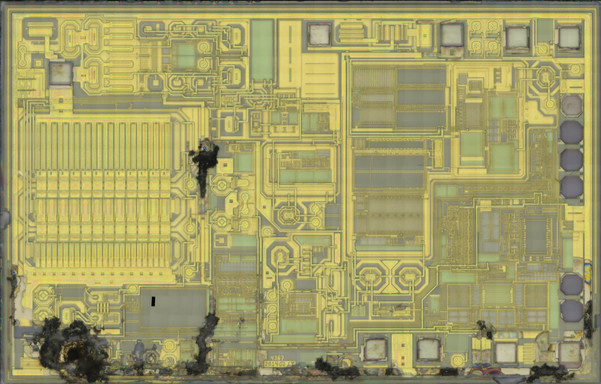"""
In melancholy, the spirits are carried away by an agitation, but a weak agitation that lacks power or violence, a sort of impotent upset that follows neither a particular path nor the aperta opercula [open ways], but traverses the cerebral matter constantly creating new pores. Yet the spirits do not wander far on the new paths they create, and their agitation dies down rapidly, as their strength is quickly spent and motion comes to a halt: ‘non longe perveniunt’ [they do not reach far]. A trouble of this nature, common to all delirium, does not have the power to produce on the surface of the body the violent movements or the cries to be observed in mania and frenzy. Melancholy never attains frenzy; it is a madness always at the limits of its own impotence. That paradox is explained by the secret alterations in the spirits. Ordinarily, they travel with the speed and instantaneous transparency of rays of light, but in melancholy they become weighed down with night, becoming ‘obscure, thick and dark’, and the images of things that they bring before consciousness are ‘in a shadow, or covered with darkness’. As a result they move more slowly, and are more like a dark, chemical vapour than pure light. This chemical vapour is acid in nature, rather than sulphurous or alcoholic, for in acid vapours the particles are mobile and incapable of repose, but their activity is weak and without consequence. When they are distilled, all that remains in the still is a kind of insipid phlegm. Acid vapours, therefore, are taken to have the same properties as melancholy, whereas alcoholic vapours, which are always ready to burst into flames, are more related to frenzy, and sulphurous vapours bring on mania, as they are agitated by continuous, violent movement. If the ‘formal reason and causes’ of melancholy were to be sought, it made sense to look for them in the vapours that rose up from the blood to the head, and which had degenerated into ‘an acetous or sharp distillation’. A cursory glance seems to indicate that a melancholy of spirits and a whole chemistry of humours lies behind Willis’ analyses, but in fact his guiding principle mostly reflects the immediate qualities of the melancholic illness: an impotent disorder, and the shadow that comes over the spirit with an acrid acidity that slowly corrodes the heart and the mind. The chemistry of acids is not an explanation of the symptoms, but a qualitative option: a whole phenomenology of melancholic experience.
"""
(Michel Foucault, History of Madness)


































